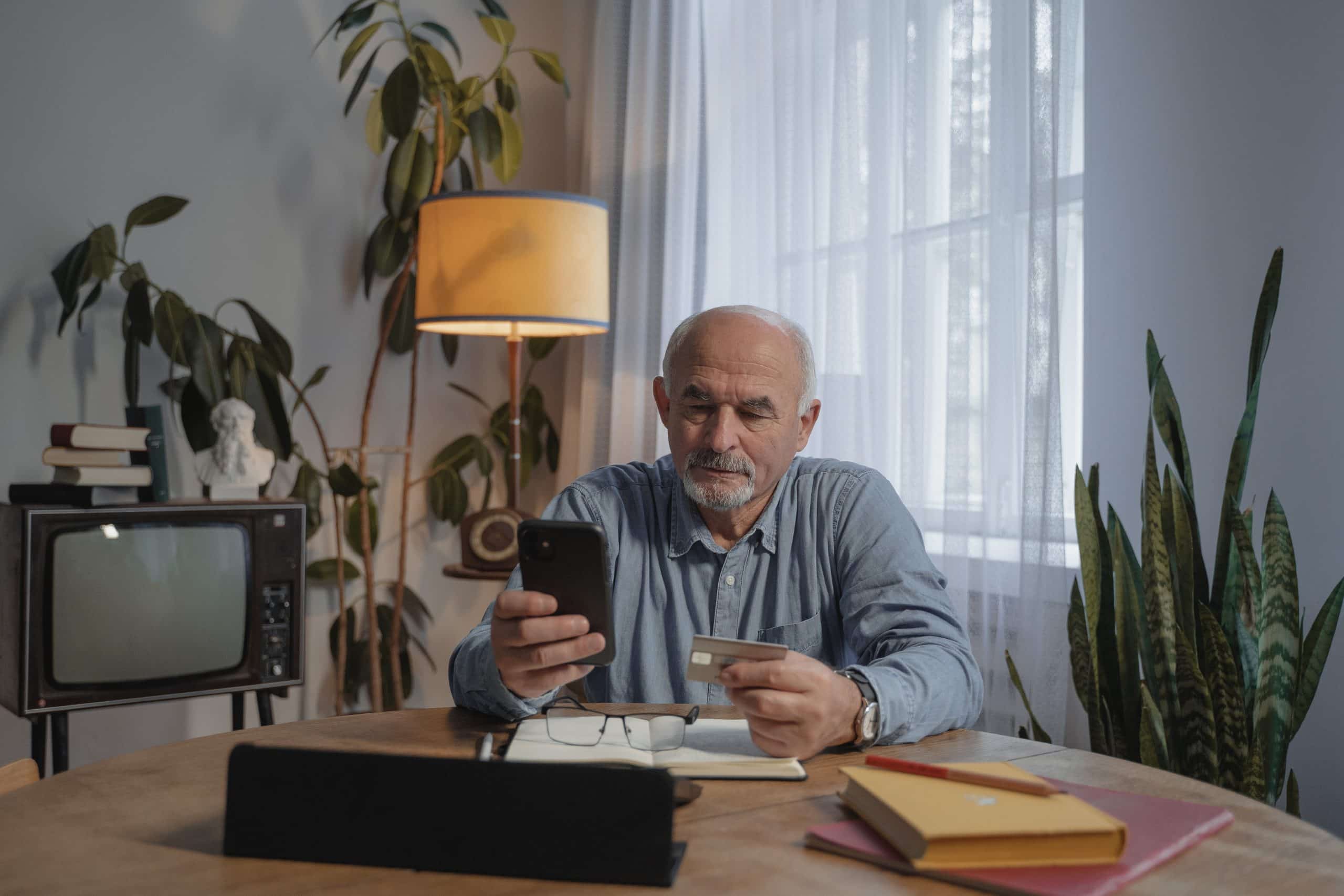When the Coronavirus pandemic took hold in March and the whole country found themselves in lockdown, everything changed in an instant. With all non-essential shops closed, the retail landscape suddenly looked very different.
Even now, as restrictions ease and stores reopen, it’s not simply the same as it was before with stock issues, social distancing and health confidence to battle with.
Consumers are going online. And potentially staying there.
How consumers use the online world to shop has changed drastically in 2020. Suddenly online shopping was no longer a choice but a necessity.
One of the perks of shopping online has always been how quick and easy it is, you can do it from the comfort of your own home and with next day and even same day delivery options, there’s no long wait for your purchases. Back in March when everyone was setting themselves up for a potentially long period at home, this is exactly what they needed.
Whether it was DIY products, baking essentials or books, consumers were on the hunt for anything to pass the time and make staying at home easier. It wasn’t just hobby products that people were purchasing. With stockpiling sweeping the nation, consumers turned to online stores to buy their essentials too, allowing them to stay in the safety of their own home and rest assured that they could get their hands on what they needed.
Online shopping became a way of life for people across the nation, even those who had never so much as clicked on Amazon before.
But what about when shops reopened? Would people flood back to the high street? Or would the online shopping habits they’d formed in lockdown stick around?
One of the key elements that retailers had to consider when encouraging people back into shops was health and safety. People had just spent months being told it wasn’t safe to shop so building consumer confidence was essential if retailers were going to attract physical custom. Social distancing measures, mask wearing and stock issues caused by delivery delays and restrictions meant that for many, returning to the highstreet wasn’t an attractive prospect and instead? They’ve stayed online.
Conscious shopping
Consumer habits have been changed long-term by covid-19. A focus on local, independent businesses and produce means that retailers must find a way to balance profits and ethos. More than ever before consumers are looking to support their local communities so big retailers need to assess how they’re giving back to the neighbourhoods they serve.
Not only this but the inability to simply pop to the shops has led people to assess what they actually need. For many consumers frivolous spending is out of the question and instead consumers are shopping around, particularly online, and making considered purchases.
Personalised experience
For online retailers now is the time to think carefully about strategy and user experience. With consumers shopping around, creating a personalised user experience is essential if you want them to choose you over a competitor.
Customisation allows retailers to use data to track consumer behaviour, desires, location etc in order to personalise their online experience. Up to 80% of shoppers claim they’re more likely to buy from a brand who have customised their experience therefore it’s important to listen and react.
Personalisation allows retailers to target the right consumer, with the right offer at the right time and with the online retail space growing, you need to cut through the competition. Covid-19 has seen everything go online and there’s more choice than ever on the online marketplace therefore a personalised user experience will help you to get ahead of your competitors.
In a time of such uncertainty, shoppers want to feel like they’re buying the right product at the right time and at the right price. Personalisation allows customers to feel like they’re being seen as an individual person rather than just a sales number.
Most online retailers collect the data they need to personalise a user experience, they just don’t action it. Actioning it and creating a bespoke, personalised user experience is likely to be one of the only ways to get ahead in a saturated, post-coronavirus online world.


